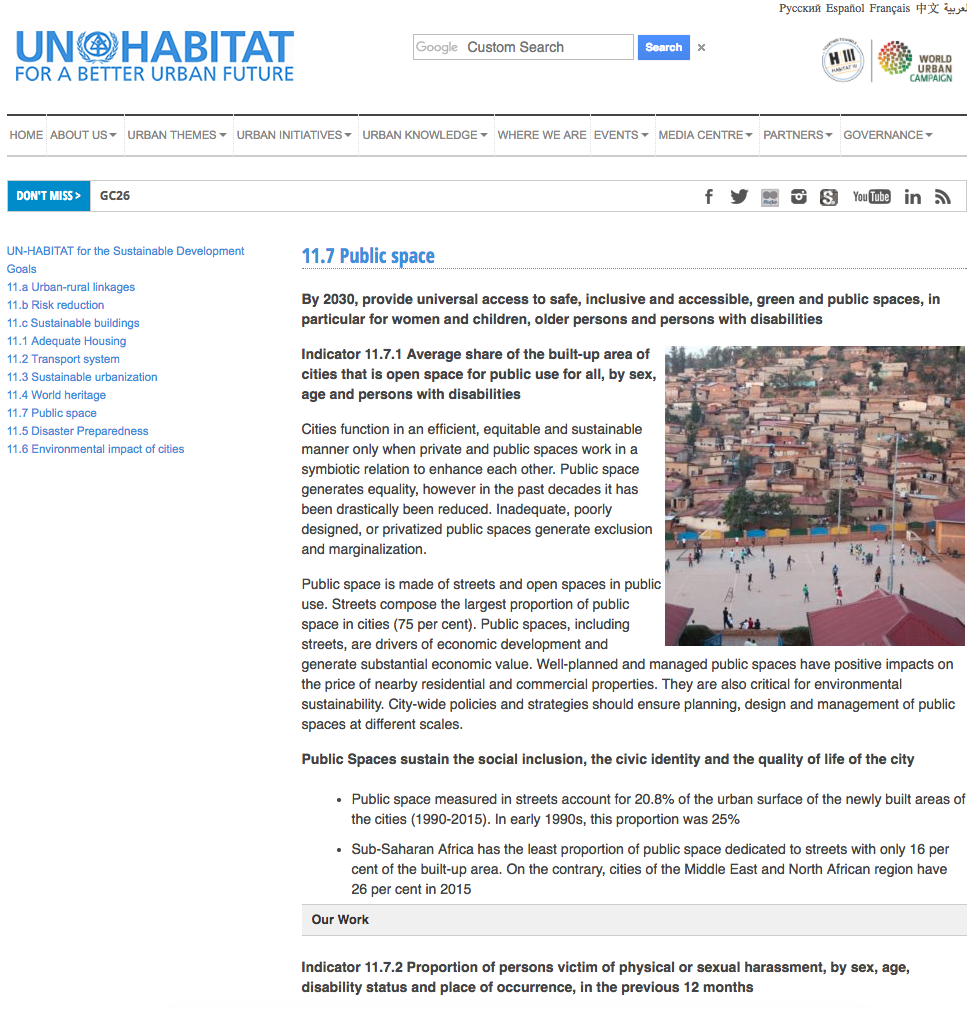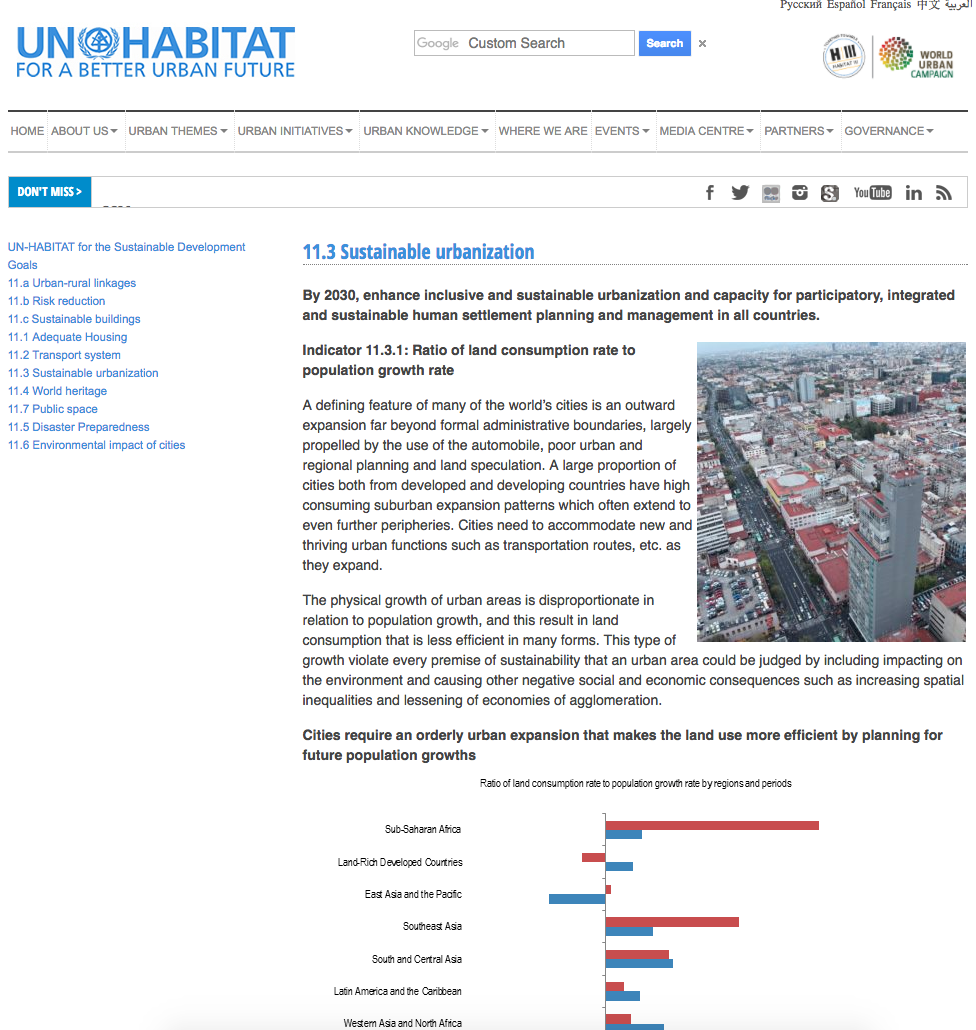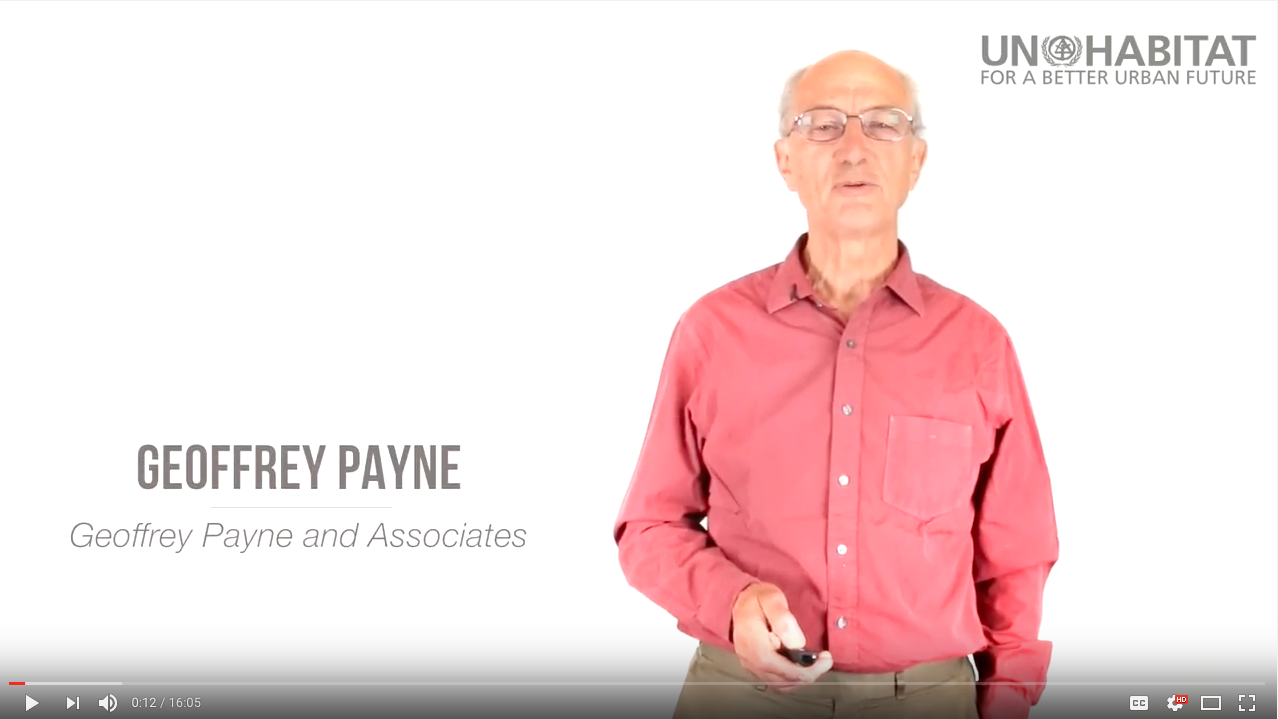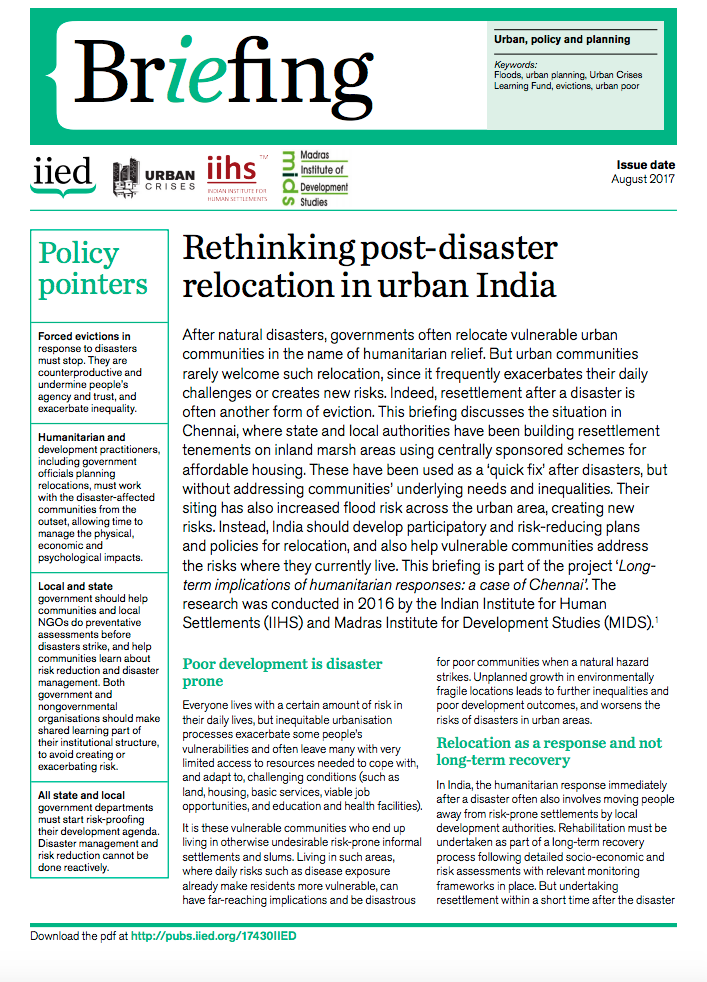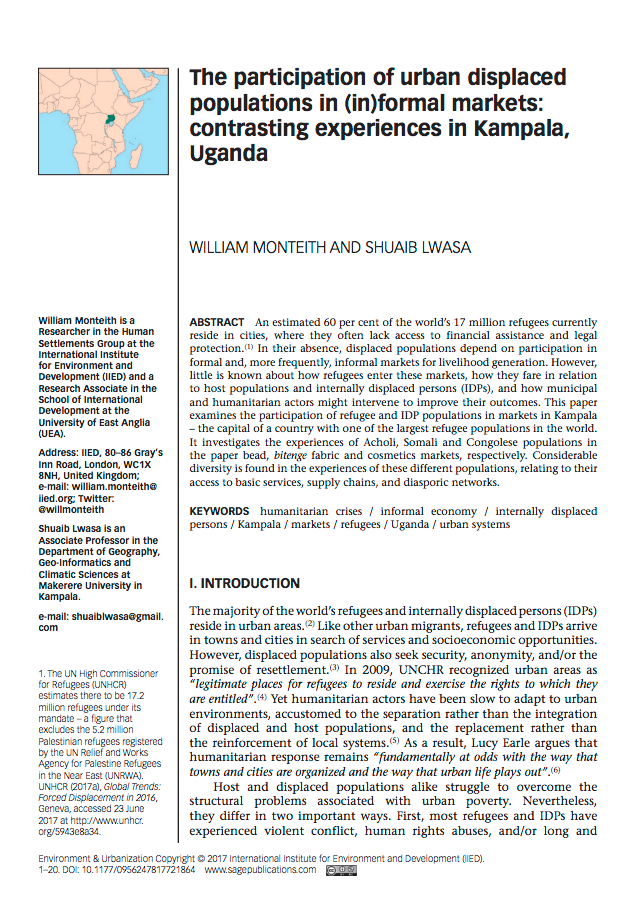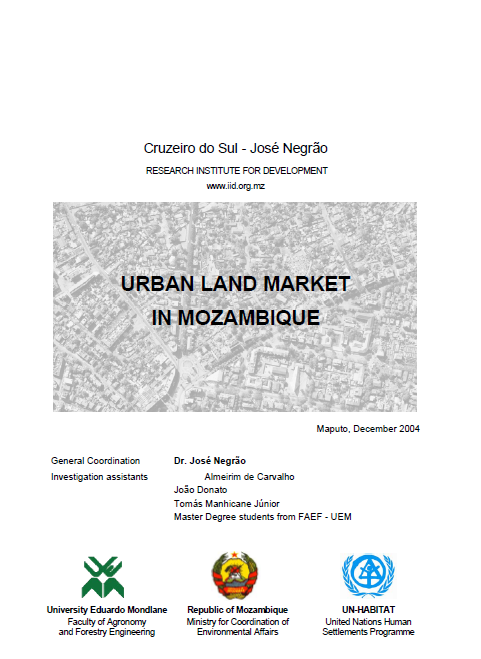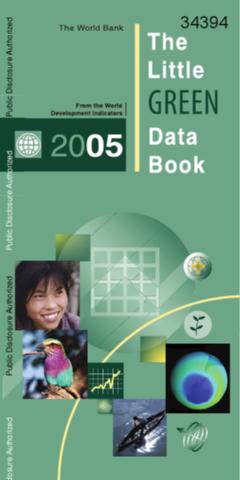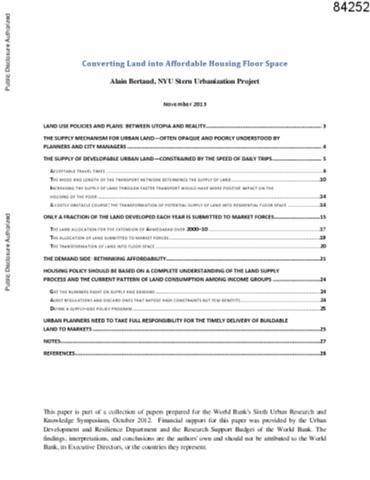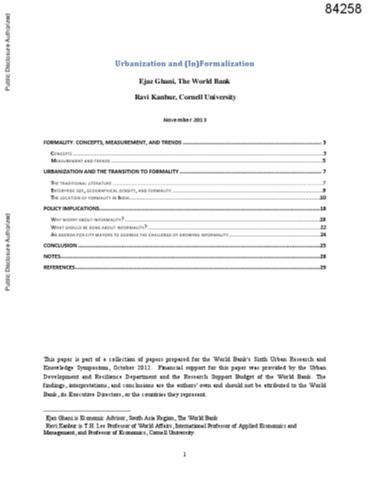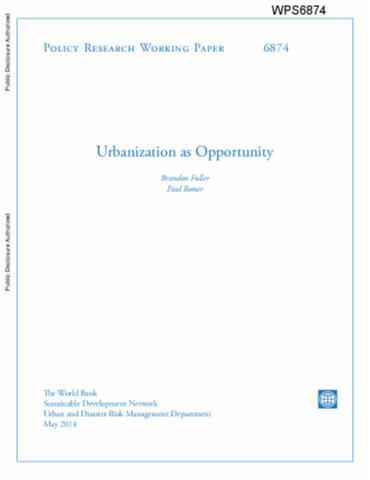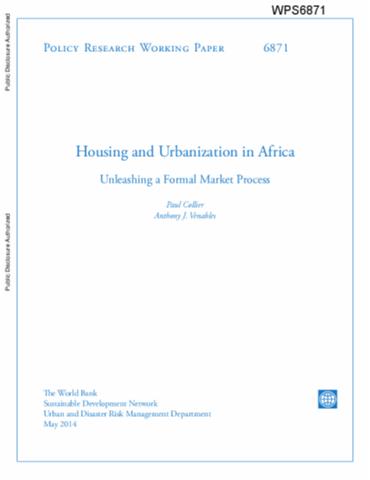UN-Habitat - SDG 11.7 Public space
Cities function in an efficient, equitable and sustainable manner only when private and public spaces work in a symbiotic relation to enhance each other. Public space generates equality, however in the past decades it has been drastically been reduced. Inadequate, poorly designed, or privatized public spaces generate exclusion and marginalization.

